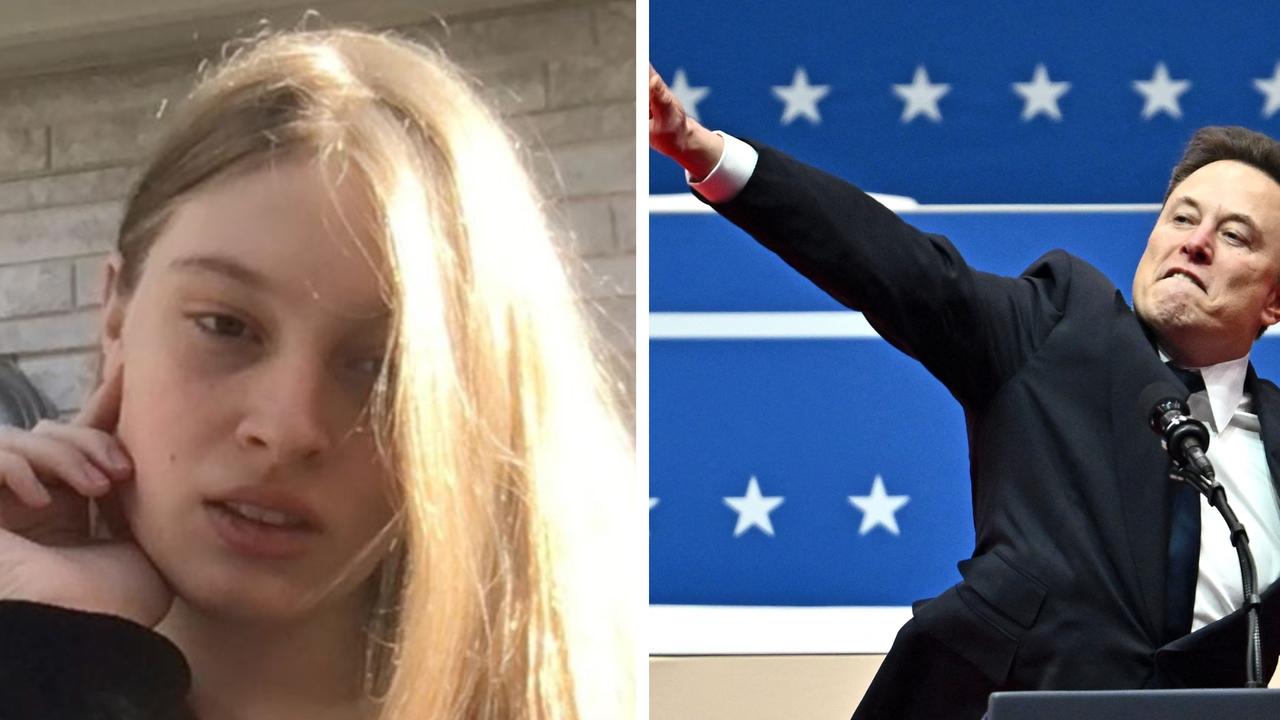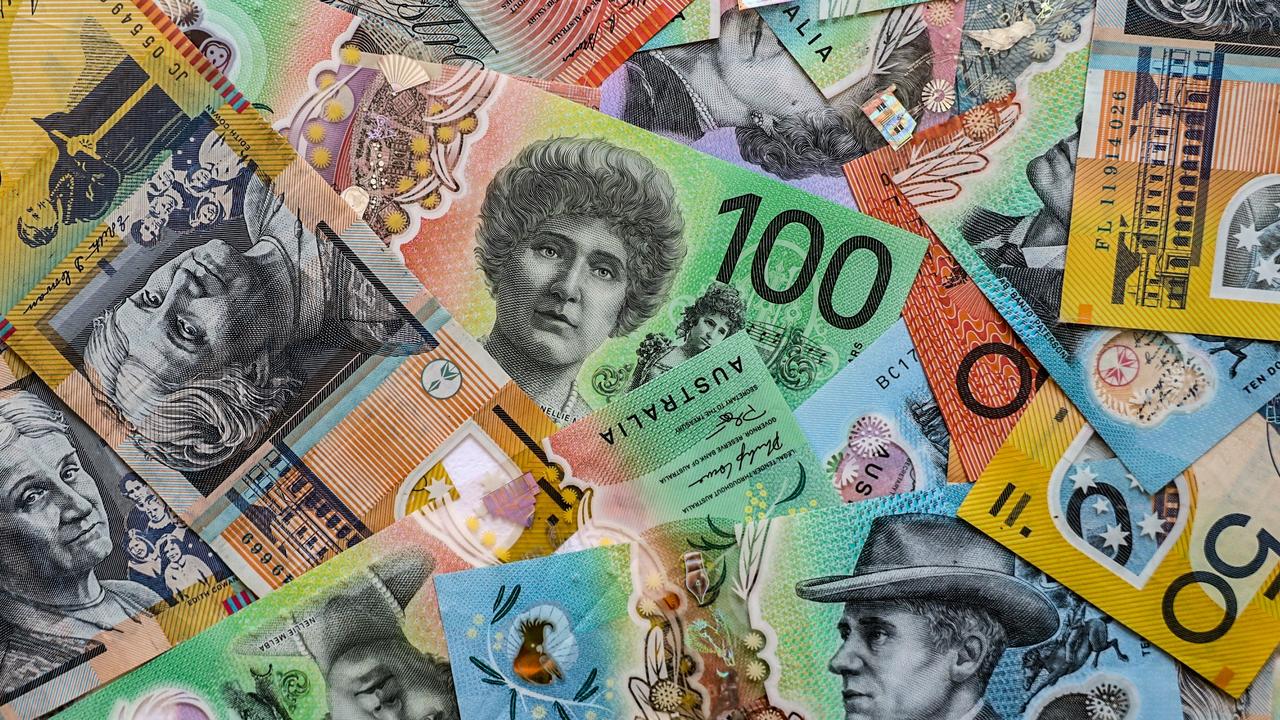The shake-up in Saudi Arabia is intensifying tensions in the Middle East
DRAMATIC developments in the Middle East have sent shockwaves around the world. This is what a post-IS world looks like.
AS THE war against Islamic State nears its end, new tensions in the Middle East are starting to come to the surface.
The resignation of Lebanon’s Prime Minister Saad Hariri and the unprecedented arrests of princes, billionaires and politicians in Saudi Arabia on the weekend sent shockwaves throughout the region.
At the centre of this storm has been the rise of the son of King Salman, Crown Prince Mohammed bin Salman, who was this year announced as next in line to the throne in Saudi Arabia.
The 33-year-old wasted no time in asserting his authority, serving as defence minister and leading an official anti-corruption purge.
His efforts to modernise the conservative country to reflect a more moderate interpretation of Islam have already been noted by locals. Harsh punishments for women who did not cover their hair were relaxed and religious police have been gradually stripped of their powers.
But no one was prepared for the unprecedented action on Saturday when 11 princes and dozens of wealthy businessmen including world-famous billionaire investor Prince Alwaleed bin Talal were arrested on corruption charges. They remain under arrest in one of Riyadh’s most exclusive hotels, the Ritz Carlton.
“To say that was a shock to the system is an understatement,” a senior Saudi official told The Guardian.
“The message is that everything that used to be Saudi Arabia is no longer the case.
“This is a revolution.”
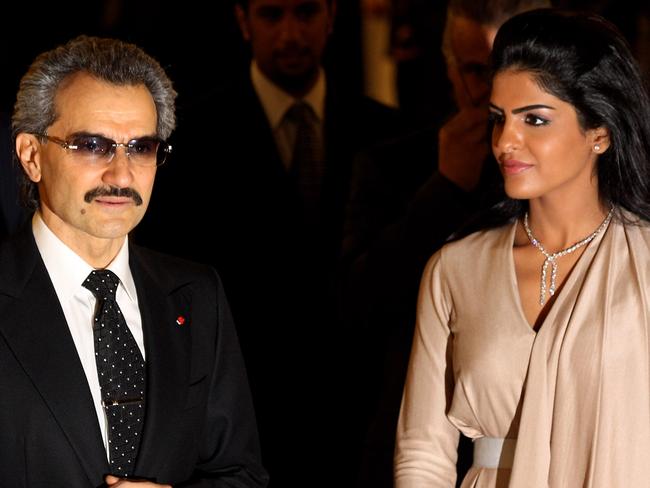
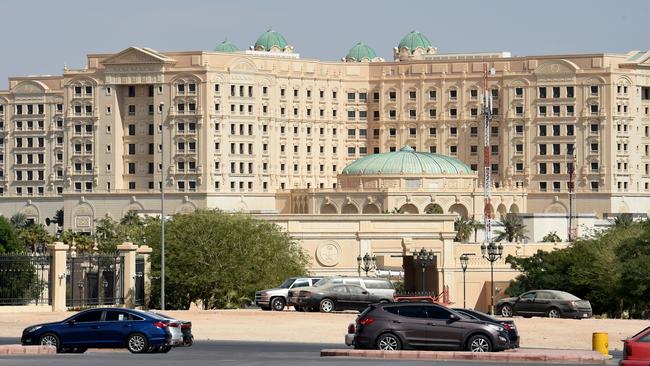
The Soufan Centre has described the arrests as “among the most significant changes in decades in one of the world’s most change-phobic countries”.
But the shocks kept coming.
Compounding the sense of a region in turmoil was the unexpected resignation of the Lebanese Prime Minister, who was also a Saudi citizen and a member of the same business circle as the men arrested on the weekend.
Mr Hariri announced his resignation shortly before the arrests and claimed he resigned because of threats to his life, although this has been rejected by Lebanese security services.
Significantly, Mr Hariri denounced Iranian influence in Lebanon, which is being governed by powerful Iran ally Hezbollah as part of a power-sharing agreement.
In another dramatic development, Saudi Arabia accused Iran of supplying a missile that Yemeni rebels fired at Riyadh’s international airport. The missile was intercepted by air defences, but it was the deepest rebel strike in Saudi territory since the Yemen war began in 2015.
The actions have intensified regional tensions and one commentator noted that the Middle East was entering a post-IS phase where simmering tensions in the region between Saudi Arabia and Iran now threatened to boil over.
This is how Saudi policies are affecting different countries of the Middle East.
DIRECT CONFRONTATION WITH IRAN?
Saudi Arabia has had a long-running rivalry with Iran and the latest actions threaten to bring things to a head.
The two countries have generally avoided direct confrontation, instead wrestling for power in the region by engaging in proxy battles fought in other countries like Lebanon.
The latest Yemeni targeting of its airport gives Saudi Arabia ammunition to retaliate but it is unlikely to take direct military action against Iran.
The kingdom’s military is already tied down in the Yemen war, with its warplanes leading the air campaign there and troops on the border.
Iran’s military is larger and more battle-hardened than Saudi Arabia’s, but the kingdom has far more advanced weaponry bought from the US and Europe in the past decade. It has a strong ally in the United Arab Emirates, which also has built a large military.
Direct military action would risk huge destabilisation in the Gulf and beyond, disrupting oil shipments vital to Saudi Arabia and its allies.
The kingdom is unlikely to act without a green light from Washington, where the policy has been to avoid direct confrontation with Iran.
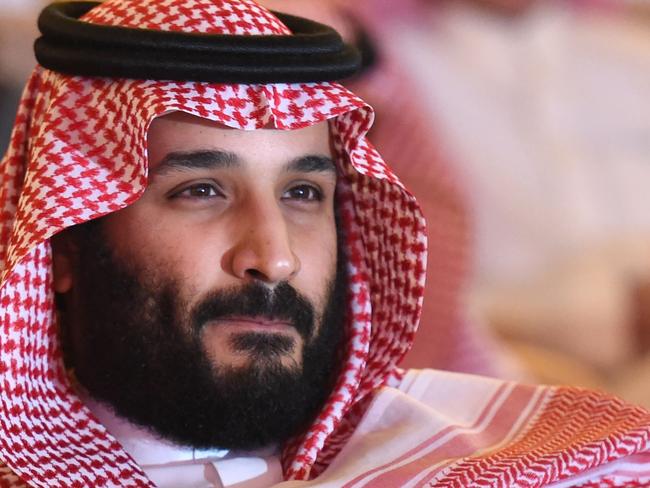
YEMEN
The war in the impoverished nation on Saudi Arabia’s southern border has been a quagmire for the kingdom.
In 2015, a coalition of Saudi Arabia, the UAE and other allies began a campaign against the Shiite rebels known as Houthis, who they say are tools of Iran.
This prevented the Houthis and their allies from overrunning Yemen and preserved a hold in the south. But the coalition has been unable to push the rebels farther back, leaving them in control of the capital, Sanaa, and much of the north.
The war has killed more than 10,000 civilians and pushed millions of Yemenis to the brink of famine. It also has drained Saudi resources at a time of already lower oil prices.
Iran has backed the Houthi rebels, but denies arming them.
Iranian Foreign Minister Mohammad Zarif dismissed Riyadh’s accusations over the missile, saying Saudi Arabia blames Iran for the consequences of the kingdom’s own “wars of aggression, regional bullying, destabilising behaviour and risky provocations”.
Neither side seems willing or able to escalate the fight, leaving a debilitating stalemate. But the missile strike underscores the potential for the conflict to grow beyond Yemen’s borders.
LEBANON
The Prime Minister’s resignation was widely seen as a Saudi move against Hezbollah, the Shiite political group and guerrilla force that is Iran’s powerful arm in Lebanon and Syria.
In doing so, the Saudis demonstrated an ability to sabotage Lebanese politics, wrecking the compromise government led by Hariri that the kingdom saw as too close to Iran.
But it’s difficult to see what Saudi Arabia gained otherwise.
Hezbollah still dominates Lebanon, and nothing will shake that anytime soon. No Sunni militia or political group has the same clout, and few Sunnis want to risk a destabilising fight with Hezbollah.
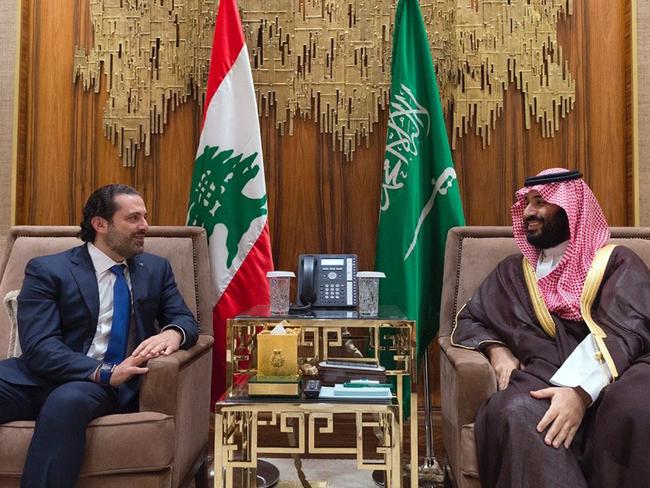
The Saudi intervention only made many Lebanese, including some Hariri supporters, resent the kingdom, fearing it will upset the delicate power-sharing structure among Lebanon’s Shiites, Sunnis, Christians and other communities. The country will probably be stuck without an effective government — or a weak, provisional one.
Iran’s Foreign Ministry spokesman Bahram Ghasemi criticised it as a US-Israeli-Saudi plot to cause tension in Lebanon.
The fear is that Saudi Arabia will push the situation further somehow to try to set back Hezbollah. That could potentially destabilise Lebanon, which saw bloody clashes between the guerrilla force and Sunni rivals in the mid-2000s.
Prominent Saudi minister Thamer al-Sabhan was quoted as blaming Iran for the instability and saying the kingdom will now treat Lebanon “as a government declaring war on Saudi Arabia due to the aggression of Hezbollah”.
SYRIA
After six years of war in Syria, Iran and its ally President Bashar Assad are prevailing over mainly Sunni rebels, many of them backed by Saudi Arabia.
Iran has intensified its influence in Syria, with its own forces and fighters from Hezbollah and Iraqi Shiite militias battling alongside Assad’s troops.
Iran’s direct intervention and Russia’s air campaign rescued Assad and turned the tide in his favour, recapturing large stretches of territory.
As international pressure on Assad to step down recedes, Saudi Arabia’s effort to push Iran out of Syria has crumbled.
Still, the kingdom is trying to hold influence in the mainly Sunni areas that remain out of Assad’s hands.
Saudi warplanes helped in the US-led air campaign against the Islamic State group. A Saudi envoy recently went to the Syrian city of Raqqa, newly retaken from IS, to discuss a Saudi role in reconstruction.
QATAR
Saudi Arabia and the UAE, Egypt and Bahrain cut relations with neighbouring Qatar in June over the tiny Gulf state’s ties with Iran and its support of Islamist groups.
The diplomatic rift has played out to Iran’s advantage.
When Saudi Arabia and the UAE barred Qatari aircraft from their airspace, Qatar used Iranian airspace. When Saudi Arabia sealed Qatar’s only land border, it looked toward Iran and Turkey to fill the gap.
Despite repeated efforts by Washington to encourage dialogue and resolve the stand-off, the Saudis and Emiratis demand a number of concessions from Qatar, many of which Qatar has rejected.
— Keath reported from Cairo. Associated Press writers Zeina Karam and Bassem Mroue in Beirut, Maggie Michael in Cairo, Ahmed al-Haj in Sanaa, Yemen, and Amir Vahdat in Tehran contributed.

